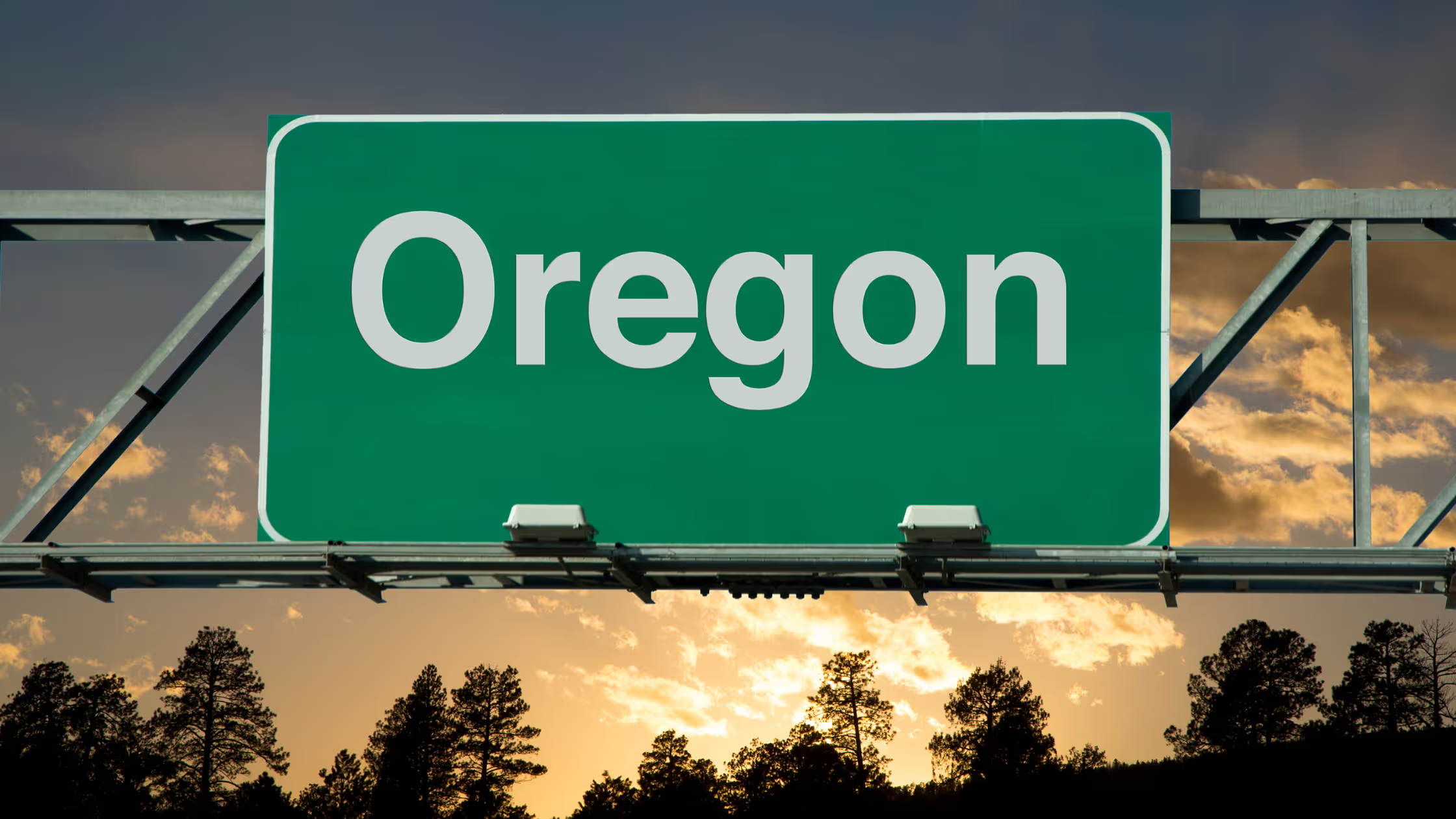If your company sells packaged goods in Oregon, the March 31st filing deadline for the state’s Extended Producer Responsibility (EPR) regulation is fast approaching. Missing this critical deadline could result in financial penalties, loss of market access, and increased compliance burdens down the road. For small to mid-sized Consumer Packaged Goods (CPG) companies, acting now is essential to avoid unnecessary risks.
Why the March 31st Deadline Matters
Oregon’s EPR regulation, enacted under the Plastic Pollution and Recycling Modernization Act, requires producers of packaged goods to report their packaging data and contribute to statewide recycling system improvements. Failure to meet the deadline could mean fines, reputational damage, and potential business disruptions.
What Happens If You Miss the Deadline?
1. Financial Penalties and Compliance Scrutiny
Late or missing filings may trigger significant fines and increased regulatory oversight, creating an ongoing administrative headache for your business.
2. Market Access Risks
Non-compliant companies could face restrictions on selling products in Oregon, limiting revenue and customer reach.
3. Increased Administrative Burden
Late compliance often requires additional paperwork, legal consultations, and rushed reporting, making the process more complex and costly than early preparation.
How to Ensure Compliance Before March 31st
1. Verify If Your Business Is Liable
Check whether your company qualifies as a “producer” under Oregon’s EPR law. Businesses that sell packaged goods in the state are likely subject to reporting requirements. Use our free 5 min liability check tool.
2. Gather Your Packaging Data
Compile information on the types, weights, and recyclability of your packaging materials. Oregon requires detailed data submission to track environmental impact.
3. Register and File on Time
Ensure your company is registered with the relevant regulatory body and submits the required information before the March 31st deadline.
4. Leverage Compliance Resources
Work with Producer Responsibility Organizations (PROs), industry groups, or compliance software providers to simplify reporting and ensure accuracy. Check out our ultimate guide to EPR Compliance in Oregon, build specially for small and medium businesses.
Act Now to Avoid Costly Mistakes
With just weeks left until the March 31st deadline, delaying action could put your business at risk. Proactively filing now will not only ensure compliance but also position your company as a responsible industry player.
Need Help Meeting the Deadline?
The EPR compliance hub from rePurpose Global can automate in 1-click what would otherwise take you over 3 months of manual effort. It quickly compiles CAA reports, estimates fees and tax liabilities, and keeps you updated with emerging regulations, including Labeling laws, PCR mandates, and 90+ Packaging Regulations in North America. With Oregon's reporting deadline on March 31st, immediate action is crucial to avoid financial penalties.
Reach out to us for a stress-free, reliable solution.



.png)
.avif)
.png)
.png)






